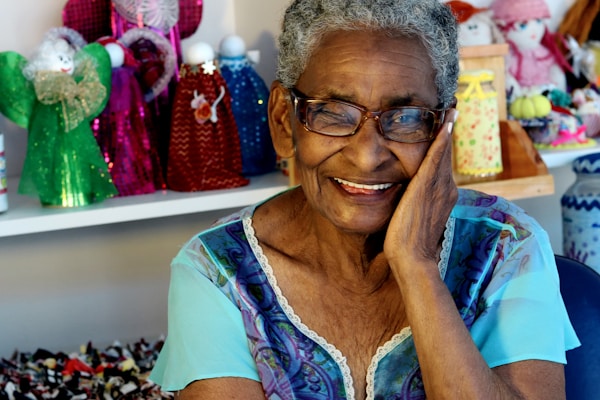If you are caring for someone with Alzheimer’s disease, it’s important to understand the stages of the illness and how they will affect your loved one’s behavior. The early stages of Alzheimer’s are typically characterized by mild forgetfulness and confusion. As the disease progresses, individuals may lose their ability to speak coherently or remember basic information. They may also become agitated and aggressive, or withdrawn and isolated. In the later stages of Alzheimer’s disease, individuals often require full-time care as they can no longer dress or feed themselves.
When a loved one has Alzheimer’s disease, it can be difficult to cope. You may feel overwhelmed and even helpless at times. But there are ways to cope with this situation. With a little understanding and patience, you can support your loved one and even help them retain their sense of self. Keep reading to learn more about how to cope when you have a loved one with Alzheimer’s disease.
What happens to the brain with Alzheimer’s?

Alzheimer’s disease is a neurological disorder that progressively destroys memory and cognitive function. As the disease progresses, those affected may experience changes in mood and behavior, including anxiety, aggression, and paranoia. When the brain is affected by Alzheimer’s disease, its functions decline, which can cause changes in mood, memory, and behavior. In people with Alzheimer’s brain, the cerebrum is gradually damaged.
The brain is divided into two parts: the cerebrum and the cerebellum. The cerebrum is the largest part of the brain and is responsible for controlling thought, memory, speech, and movement. The cerebellum is responsible for controlling balance and coordination. This damage can cause a decline in the function of the brain, which can lead to the symptoms of the disease.
The damage to the cerebrum is caused by the build-up of plaques and tangles in the brain. Plaques are deposits of a protein called beta-amyloid that form between the cells in the brain. Tangles are twisted strands of another protein called tau that forms inside the cells of the brain.
The build-up of plaques and tangles is thought to be responsible for the damage to the cells in the brain that occurs in Alzheimer’s disease. The plaques and tangles can interfere with the normal function of the cells, which can lead to their death.
Learn how to communicate with your loved one who has Alzheimer’s disease.
The first step in coping with a loved one who has Alzheimer’s disease is to learn how to communicate with them. People with Alzheimer’s disease often have difficulty understanding what is happening around them and may become confused, agitated, or withdrawn. It’s important to talk to your loved one in a calm and clear manner, using short sentences and simple words. You may also want to try repeating what you say or demonstrating actions to help them understand.
It’s also important to keep communication flowing as much as possible. This can be done by sharing meals together, talking about current events, reminiscing about memories, or playing games. You can also keep track of your loved one’s day-to-day routine and changes in mood or behavior so that you can discuss these things during conversation.
If your loved one becomes agitated or aggressive, you don’t want to respond with anger or violence yourself. Try instead to remain calm and redirect their attention elsewhere. If the situation persists or becomes dangerous, seek professional help immediately.
How do you cope when you have a loved one with Alzheimer’s?

The best way to cope with Alzheimer’s is to educate yourself about the disease. Learn what to expect as the disease progresses so you will be better prepared to deal with changes in your loved one’s behavior. It is also important to develop a support system of family members or friends who can offer emotional support when needed. Join a support group for caregivers or people with Alzheimer’s disease where you can share your experiences and get advice from others who are dealing with this illness.
Be patient and understanding with your loved one affected by Alzheimer’s Disease. Try not to take things personally; their confusion and forgetfulness are not intentional attacks against you. Seek professional help if you feel overwhelmed or stressed out taking care of someone with Alzheimer’s Disease; don’t try to go through this alone.














